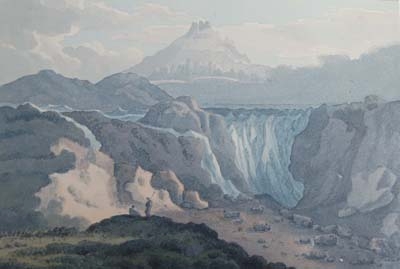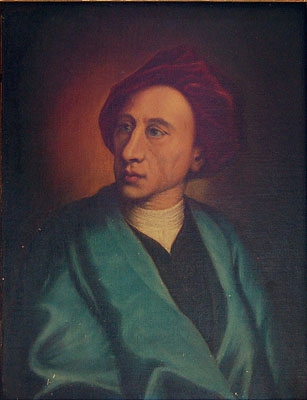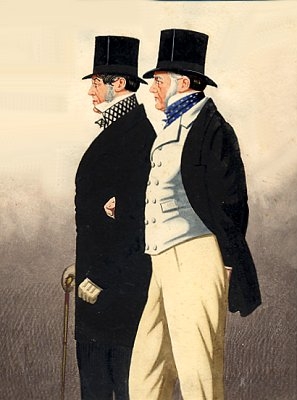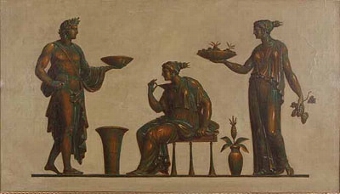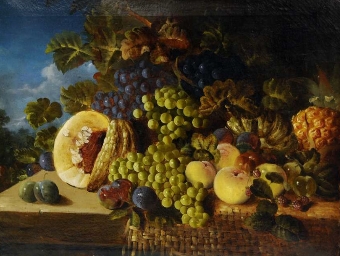featured item

quality pair of antique edwardian postal scales and weights Read more
hekla volcano, iceland
- View other items in:
- antiques interior design modern and vintage
- other interior design
artware ltd
Enquire about this antique
Artware Ltd has 565 antiques for sale.
click here to see them all
Hekla is a stratovolcano located in the south of Iceland with a height of 1,491 metres (4,892 ft). Hekla is Iceland''s most active volcano; over 20 eruptions have occurred in and around the volcano since 874. During the Middle Ages, Icelanders called the volcano the "Gateway to Hell."
Hekla is part of a volcanic ridge, 40 kilometres (25 mi) long. However, the most active part of this ridge, a fissure about 5.5 km (3.4 mi) long named Heklugj?, is considered to be the volcano Hekla proper. Hekla looks rather like an overturned boat, with its keel being in fact a series of craters, two of which are generally the most active.
The volcano''s frequent large eruptions have covered much of Iceland with tephra and these layers can be used to date eruptions of Iceland''s other volcanos. 10% of the tephra produced in Iceland in the last thousand years has come from Hekla, amounting to 5 km3. The volcano has produced one of the largest volumes of lava of any in the world in the last millennium, around 8 km3. In Icelandic Hekla is the word for a short hooded cloak which may relate to the frequent cloud cover on the summit. An early Latin source refers to the mountain as Mons Casule.
After the eruption of 1104, stories (which were probably spread deliberately through Europe by Cistercian monks) told that Hekla was the gateway to Hell. The Cistercian monk Herbert of Clairvaux wrote in his De Miraculis (without naming Hekla): The renowned fiery cauldron of Sicily, which men call Hell''s chimney ... that cauldron is affirmed to be like a small furnace compared to this enormous inferno.
?Herbert of Clairvaux, Liber De Miraculis, 1180
A poem by the monk Benedeit from circa 1120 about the voyages of Saint Brendan mentions Hekla as the prison of Judas. The Flatey Book Annal wrote of the 1341 eruption that people saw large and small birds flying in the mountain''s fire which were taken to be souls. In the 16th century Caspar Peucer wrote that the Gates of Hell could be found in "the bottomless abyss of Hekla Fell". The belief that Hekla was the gate to Hell persisted until the 1800s. There is still a legend that witches gather on Hekla for Easter. Hekla has a morphological type between that of a crater row and stratovolcano (built from mixed lava and tephra eruptions) sited at a rift-transform junction in the area where the south Iceland seismic zone and eastern volcanic zone meet. Hekla is situated on a long volcanic ridge of which the 5.5 km Heklugj? fissure is considered Hekla proper. This fissure opens along its entire length during major eruptions and is fed by a magma reservoir estimated to have a top 4 km below the surface with centroid 2.5 km lower. The tephra produced by its eruptions is high in fluorine which is poisonous to animals. Hekla''s basaltic andesite lava generally has a SiO2 content of over 54%, compared to the 45-50% of other nearby transitional alkaline basalt eruptions (see TAS classification). It is the only Iceland volcano to produce calc-alkaline lavas. Phenocrysts in Hekla''s lava can contain plagioclase, pyroxene, titanomagnetite, olivine & apatite. When not erupting Hekla is often covered with snow and small glaciers, it is also unusually aseismic with activity only starting 30-80 minutes before an eruption. Hekla is located on the mid-ocean ridge, a diverging plate boundary. Hekla is closely studied today for parameters such as strain, tilt, deformation and other movement and seismic activity. Earthquakes in the volcano''s vicinity are generally below magnitude 2 while it is dormant and magnitude 3 when erupting. The earliest recorded eruption of Hekla took place in 1104, since then there have been between twenty and thirty considerable eruptions, with the mountain sometimes remaining active for periods of six years with little pause. Eruptions in Hekla are extremely varied and difficult to predict. Some are very short (a week to ten days) whereas others can stretch into months and years (the 1947 eruption started March 29, 1947 and ended April 1948). But there is a general correlation: the longer Hekla goes dormant, the larger and more catastrophic its opening eruption will be. The most recent eruption was on February 26, 2000.
Antiques.co.uk Ref: J8EJ8ET5
- Materials:
- Watercolour
- Width (cm):
- 22.86 x 15.24 cm 9.00 x 6.00 ins
Artware Ltd
Artware Fine Art specialises in fine antique, decorative and historical portraits and topographical pictures . We cover a period from the 17th and 18th centuries through to the 19th & 20th Centuries. We have over 150 portraits in stock, which can be viewed on our web site, each historical portrait has well researched biographical information both on the sitter and the artist.
Contact details
18 La gare
51 Surrey row
London
Greater London
SE1 0BZ
UNITED KINGDOM
T: 0207 921 97904
E: greg@artwarefineart.com
W: www.artwarefineart.com




